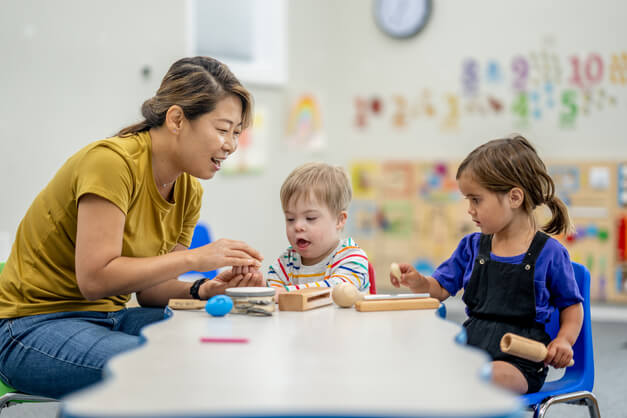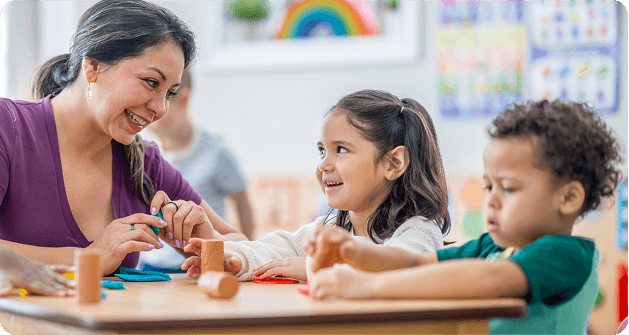Welcome to Kids Club Early Learning Centre!
All the children attending care at Kids Club Early Learning Centre are central to our philosophy and every child that walks through our doors is important to us.
Our philosophy is built around the concept that all the children under our care receive the best level of care and learning possible and which is provided in loving, warm, nurturing and safe environment.
At Kids Club Early Learning Centre we believe that vibrant, inviting, welcoming and flexible learning environment is the key practices contained in the EYLF and our qualified educators will strive to give children opportunities to explore, experiment, and stimulate their imagination, curiosity and self-confidence.
We recognize the importance of early childhood for the unique period it is in a child’s life. At Kids Club ELC we support children to develop a lifelong love of learning and our educators are there to connect, guide and scaffold children on each step of their journey within our centre.
We embrace the diversity and uniqueness of the children and families within our services and this naturally flows into our curriculums and environments. Choosing care for your child is such an important decision and we aim to support every family each step of the way to form an ongoing partnership.
Why choose us!
The children, our families and our wonderful educator teams are so important to us. As a small, family operated long day care service, we are able to build closer, trusted and lasting bonds that enrich our child’s early year’s upbringing and guide them in becoming independent and confident learners.
We recognise that the family is the child’s first teachers and most important influence in the learning and development of young children and recognise the need for families to be respected and included within our program. Working in partnerships with families is central for us to ensuring continuity and progression in a child’s learning, development and future success.
We welcome you to take a tour of our Centre!

























































































































Social News Feed
Social posts for this centre will appear here once they're available.
Can not get post detail